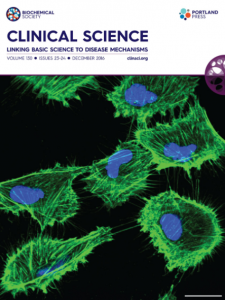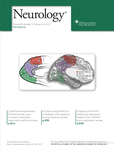 Neurology has partially retracted a 2016 paper, replacing a figure and removing the author who contributed it after he was found guilty of misconduct.
Neurology has partially retracted a 2016 paper, replacing a figure and removing the author who contributed it after he was found guilty of misconduct.
The journal has replaced the figure with a new one that confirmed the findings of the original, and swapped the name of Andrew Cullinane with the scientist who constructed the new figure using a new dataset. Last year, the U.S. Office of Research Integrity declared that Cullinane had falsified data in this paper and one other while working as a postdoctoral fellow in the Medical Genetics Branch at the National Human Genome Research Institute (NHGRI).
Cullinane appears to be at Howard University in Washington D.C., according to his LinkedIn page. He is listed as an assistant professor in the Basic Sciences/Anatomy department of the university’s College of Medicine.
Here’s the partial retraction notice from the journal:
Continue reading Unusual: Neurology removes author dinged for misconduct from 2016 paper


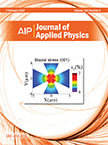 After an international group of physicists agreed that the findings of their 2015 paper were in doubt, they simply couldn’t agree on how to explain what went wrong. Apparently tired of waiting, the journal retracted the paper anyway.
After an international group of physicists agreed that the findings of their 2015 paper were in doubt, they simply couldn’t agree on how to explain what went wrong. Apparently tired of waiting, the journal retracted the paper anyway. The notices keep coming for diabetes researcher
The notices keep coming for diabetes researcher 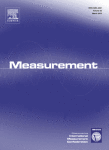 A computer scientist in Malaysia has lost two papers for faked peer reviews, and another for duplication. A fourth paper on which he is a co-author appears to have simply disappeared.
A computer scientist in Malaysia has lost two papers for faked peer reviews, and another for duplication. A fourth paper on which he is a co-author appears to have simply disappeared. A study
A study 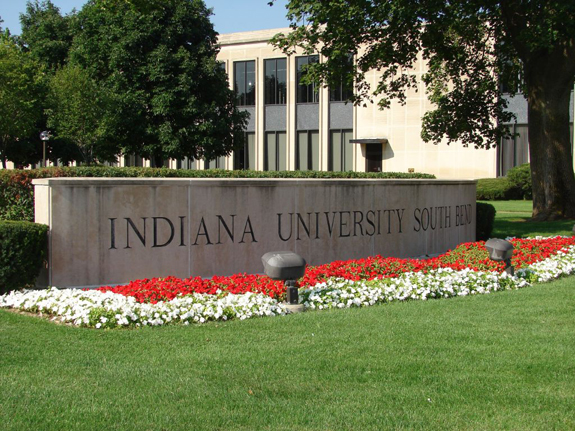 It’s been a long and winding road for a whistleblower at Indiana University, South Bend.
It’s been a long and winding road for a whistleblower at Indiana University, South Bend.